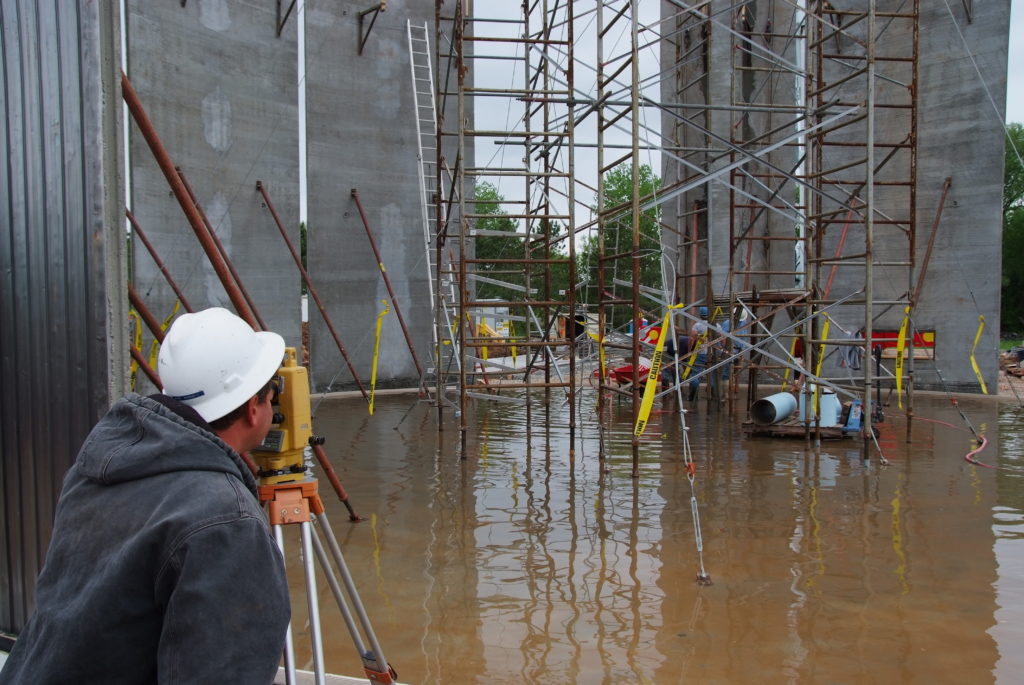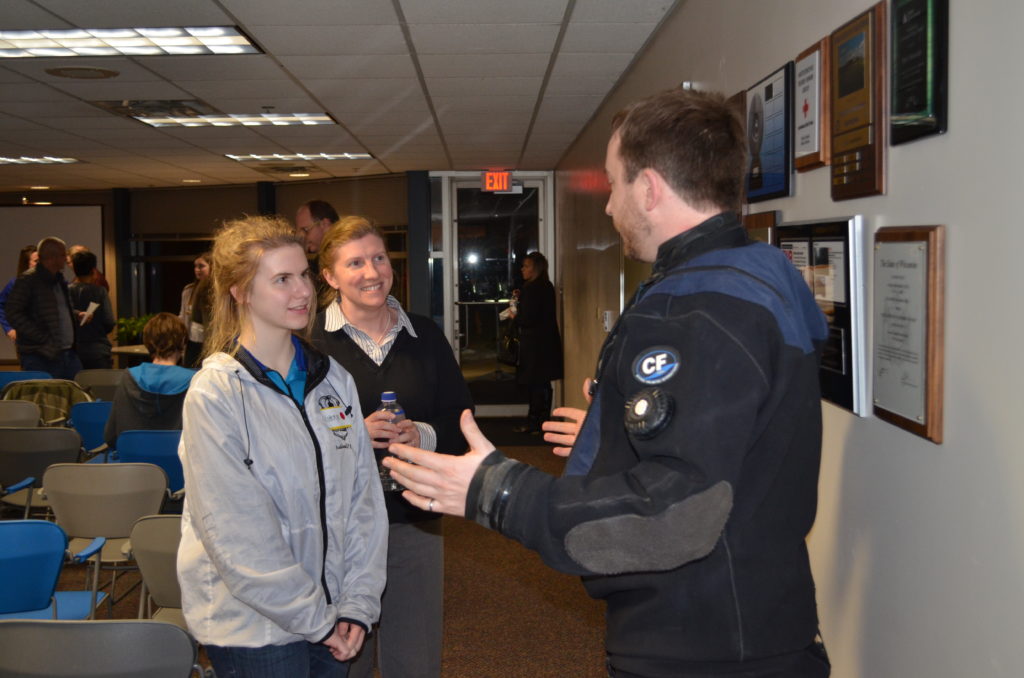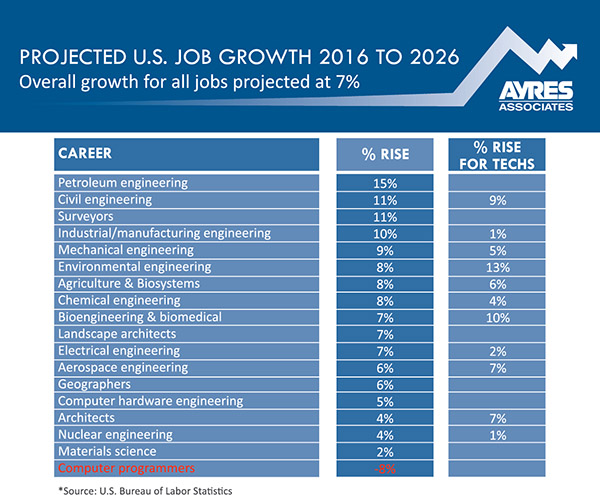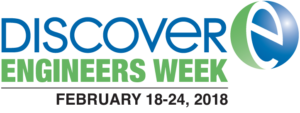Engineering Careers Have Solid Future

The U.S. Bureau of Labor Statistics indicates civil engineering, surveying, and environmental engineering are among the technical fields that will see job growth exceeding the overall 7% projected U.S. job growth rate between 2016 and 2026. Civil and environmental engineering technicians holding two-year degrees also will be in high demand, according to the Bureau of Labor Statistics. These engineer and technician positions are among the bread-and-butter careers at engineering consulting firms such as Ayres Associates that will be called upon to focus increasing attention on the nation’s aging infrastructure over the next decade.
 Those same careers will be well represented at Ayres Associates’ 15th Career Expo program at our corporate headquarters in Eau Claire, Wisconsin, on Monday, February 19. Students in grades 8 through 12, their parents, teachers, and counselors are invited to attend this hands-on engineering/architecture event.
Those same careers will be well represented at Ayres Associates’ 15th Career Expo program at our corporate headquarters in Eau Claire, Wisconsin, on Monday, February 19. Students in grades 8 through 12, their parents, teachers, and counselors are invited to attend this hands-on engineering/architecture event.
Career Expo celebrates National Engineers Week and includes a few friendly competitions as well as opportunities to speak with engineers, architects, and technicians about what makes their careers fun and rewarding. The program will be from 6 to 8:30 p.m. at Ayres Associates’ corporate headquarters at 3433 Oakwood Hills Parkway. Check-in begins at 5:15 p.m. Advance registration is required by Monday, February 12, via the Expo registration page.
How is the Job Picture for Engineers?
Entry-level positions are readily available among consultants in all regions where Ayres Associates has operations – the Midwest, Southeast, and Southwest. The job market for particular engineering specialties may vary geographically as public entities’ budget support for projects ebbs and flows.
But overall the job market is very favorable for engineering graduates. University of Wisconsin-Platteville civil engineering graduates have a 100 percent job placement rate almost every year, and most graduates have multiple job offers, according to Austin Polebitski, a civil engineering professor quoted by Wisconsin Public Radio’s John Davis. Polebitski said other schools in the University of Wisconsin System are considering adding to existing engineering programs or starting new engineering or technician programs. Learn more in this WPR article or this WPR recording.
 Polebitski said the curriculum for engineering students at UW-Platteville emphasizes traditional concerns in infrastructure like long-range planning, operations, and maintenance, as well as addressing more recent issues such as sustainability and climate change.
Polebitski said the curriculum for engineering students at UW-Platteville emphasizes traditional concerns in infrastructure like long-range planning, operations, and maintenance, as well as addressing more recent issues such as sustainability and climate change.
The Bureau of Labor Statistics’ Occupational Outlook Handbook has an Occupation Finder that allows you to look up various engineering careers and hundreds of others to read about job duties, training, pay, and competition for open positions. The accompanying graphic shows the 2016-2026 job growth projected for many of the engineering and architectural emphases as well as other related technical fields.
What Do Engineers Get Paid?
 DiscoverE, an organization that aims to reach out to K-12 schools to foster interest in the engineering careers of the future, says the average engineer’s salary in 2015 ranged from $88,000 to $115,000, depending on the discipline. Engineers straight out of college averaged between $56,000 and $69,000 annual salary, but pay varies beyond that range, depending on discipline and location. In their lifetime, engineering majors are estimated to earn $1.4 million more than a liberal arts major. DiscoverE’s career exploration page provides more information for young people curious about different types of engineering careers.
DiscoverE, an organization that aims to reach out to K-12 schools to foster interest in the engineering careers of the future, says the average engineer’s salary in 2015 ranged from $88,000 to $115,000, depending on the discipline. Engineers straight out of college averaged between $56,000 and $69,000 annual salary, but pay varies beyond that range, depending on discipline and location. In their lifetime, engineering majors are estimated to earn $1.4 million more than a liberal arts major. DiscoverE’s career exploration page provides more information for young people curious about different types of engineering careers.
How To Set Yourself Up for Success
For high school students thinking about an engineering career or a job in a similar technical field, consider working for your city parks or public works department just to give you a foot in the door when you’re looking for internships during college. Also, take physics and calculus classes and, if they are available, classes that expose you to CADD, Revit, and similar design-related programs.
Once in college, students should hang out at career fairs from freshman year forward to get familiar and comfortable with companies that will potentially hire you a few years down the road. Then, when it really matters, you’ll be able to make a good impression.
And start applying for internships as soon as they are available to you. Multiple summers of internships at local and state-level government employers and private consultants will give you a broad base of experience with which to impress your potential post-college employers. Getting a broad variety of disciplines covered during internships – municipal, transportation, water resources, and construction engineering, for example – also will broaden your marketability.
Involvement in college clubs and organizations will raise the likelihood that you’ll be project management material in the future. Learning good leadership and communications skills and becoming confident in eye-to-eye conversations with other professionals will go a long way in job interviews as well as boosting your advancement potential once you are hired.
For more information about pursuing a career, internship, or summer position at Ayres, please contact Danielle Kretz.

Post a comment: